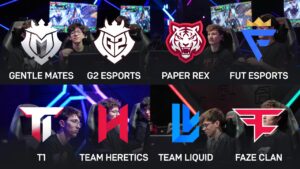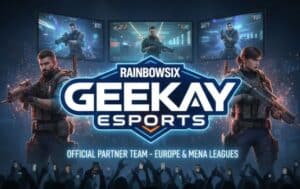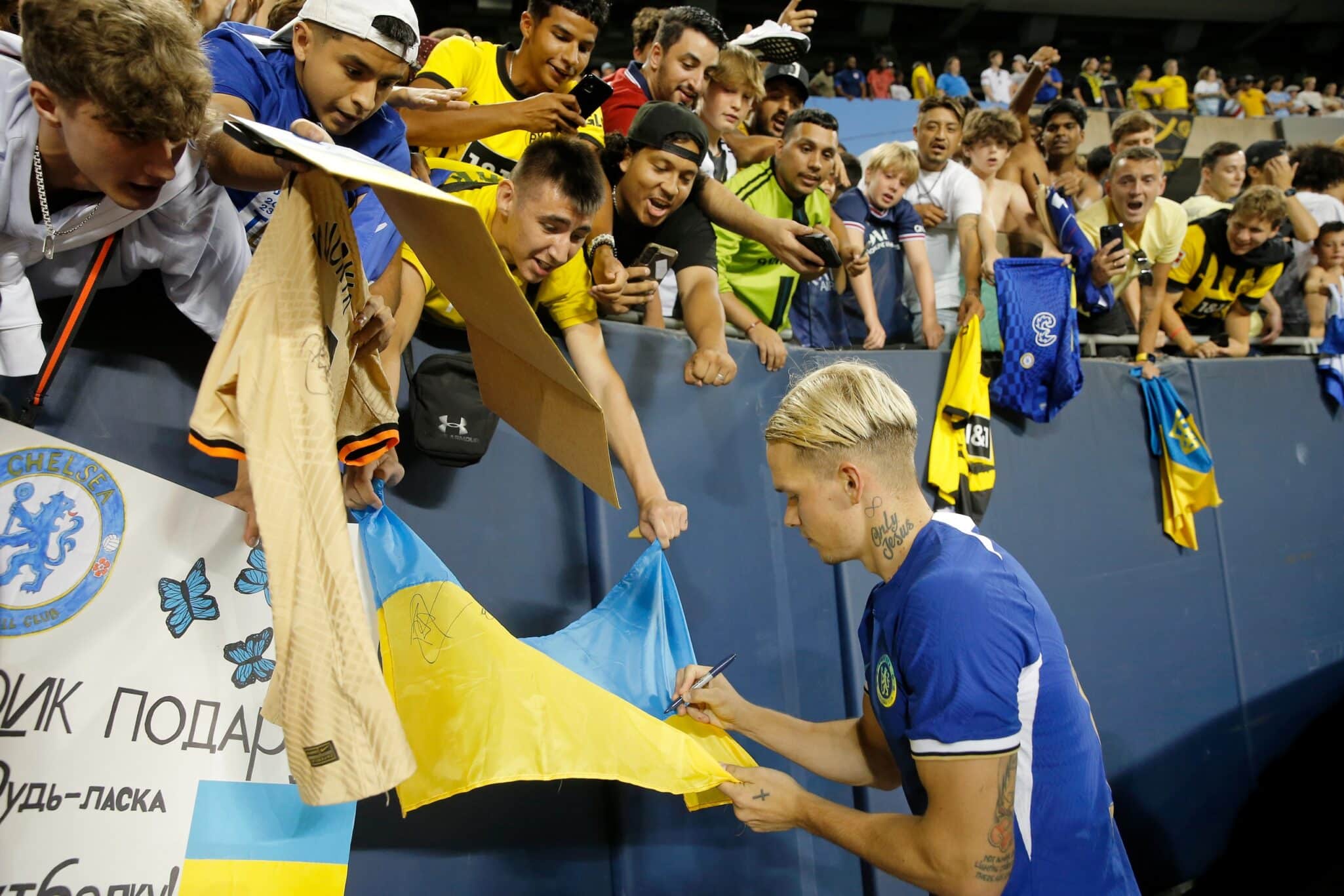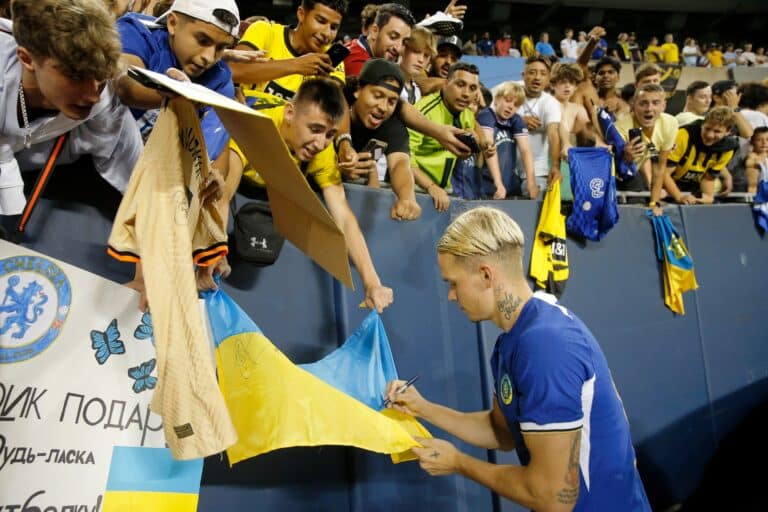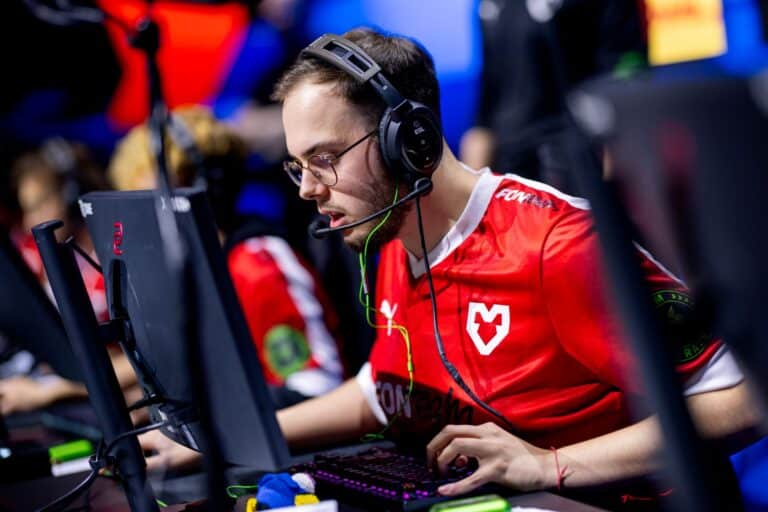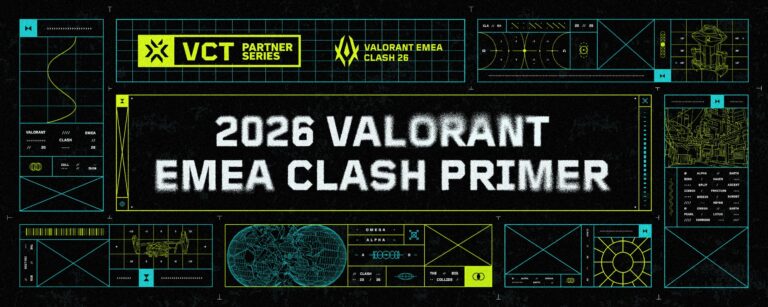International Games and Esports Tribunal launches
Dom Sacco, Senior Editor
Last Updated: 21/06/2025
Listen to the audio version of this article (generated by AI).
The UK and Australian-based Esports Integrity Commission (ESIC) and the World Intellectual Property Organisation Arbitration and Mediation Center (WIPO AMC) have launched the International Games and Esports Tribunal (IGET).
This is billed as a ‘not-for-profit dispute resolution body designed to meet the unique needs of the global video games and esports industries’.
IGET will provide Alternative Dispute Resolution (ADR) services for stakeholders in gaming and esports, covering disputes that range from anti-doping violations and player disciplinary matters to intellectual property (IP) conflicts and contractual disagreements, as well as match fixing and cheating.
The International Games and Esports Tribunal will consist of a panel of arbitrators and mediators ‘with in-depth knowledge of esports, video games, and intellectual property’. It’s billed as a global tribunal and not for a specific region.
“With the establishment of IGET, the Esports Integrity Commission (ESIC) will immediately transition the functions of its Independent Appeals Panel to IGET, making IGET the exclusive jurisdiction for all ESIC appeals,” read a press release.
Introducing IGET by ESIC & WIPO AMC —the first specialised ADR body for global video games & esports.
— International Games and Esports Tribunal (@IGETgg) January 29, 2025
✅Expert arbitrators & mediators
✅Global accessibility
✅Comprehensive coverage
✅Efficient, cost-effective processes
Learn more: https://t.co/zhbHi50xlO#IGET #Esports #ADR
The news comes a few months after Riot Games launched a new Dispute Resolution mechanism for its esports titles across EMEA. IGET is different in that it’s focused on multiple esports globally.
Stephen Hanna, CEO of ESIC, commented: “The launch of IGET is a significant and important milestone for the global video games and esports industries. By combining ESIC’s expertise in maintaining integrity with WIPO’s authority in intellectual
property dispute resolution, this initiative will ensure that disputes are handled professionally and swiftly, maintaining the integrity that underpins these industries’ growth and credibility. IGET is a critical step towards fostering trust, professionalism, and fairness across our industries.”
Marco M. Alemán, Assistant Director General of WIPO’s IP and Innovation Ecosystems Sector, added: “At WIPO, we understand the increasing relevance of Alternative Dispute Resolution (ADR) mechanisms in evolving sectors such as video games and esports. Our partnership with ESIC to establish IGET highlights our dedication to providing the essential infrastructure for impartial and effective dispute resolution within the esports and video gaming communities.”
A series of public webinar information sessions will soon be made available, providing an overview of IGET’s
dispute resolution offerings, and other information and guidance, plus Q&A sessions.
For more information, visit www.iget.gg
What’s the difference between ESIC and the International Games and Esports Tribunal?
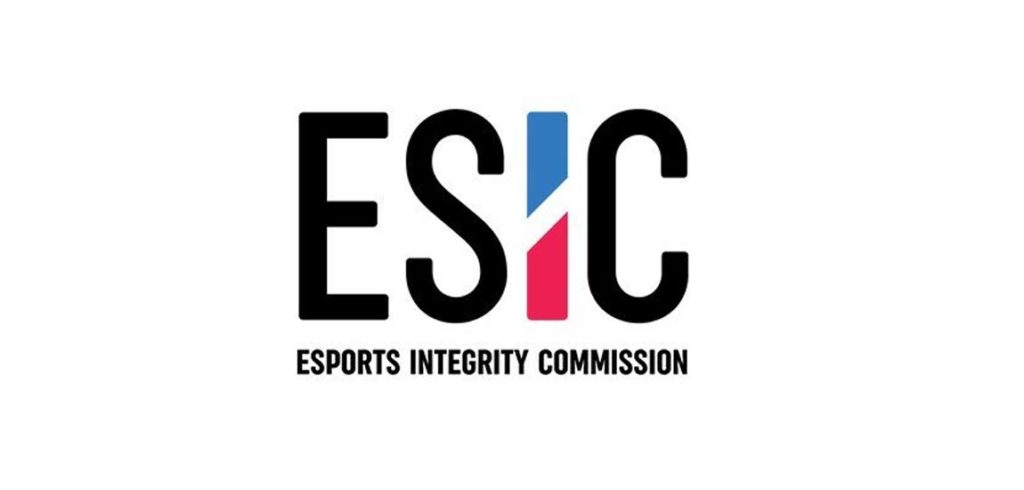
Stephen Hanna, CEO of ESIC, told Esports News UK: “ESIC and IGET play distinct and separate (but related) roles.
“ESIC (the Esports Integrity Commission) is focused on maintaining integrity in esports by setting standards, preventing and investigating wrongdoing (e.g., match-fixing or doping), and, where necessary, issuing sanctions.
“IGET (the International Games and Esports Tribunal), on the other hand, is a neutral, independent, not-for-profit body providing alternative dispute resolution services. While ESIC handles integrity enforcement, IGET serves to provide the video games and esports industries with a platform for the resolution of a broad spectrum of disputes—such as contractual disagreements, intellectual property matters, and commercial conflicts.
“With the establishment of IGET, ESIC will immediately transition its Independent Appeals Panel to IGET.”
Stephen Hanna, ESIC
“The Independent Appeals Panel in ESIC was essentially an “ESIC only” version of the IGET, in that only disputes about ESIC’s sanctions (appeals) were able to be heard by the panel.
“With the launch of IGET, stakeholders in the video game and esports industries have the ability to avoid litigation and submit their dispute to a specialised, expert tribunal built to hear such disputes (imagine a team vs player dispute over prize monies not passed on, tournament organiser and sponsor dispute about sponsorship assets not deployed per contract, or even an ESIC sanction disputed by a participant by way of appeal to the IGET).
“All in all, robust dispute resolution options are incredibly important pieces of infrastructure to ensure the stakeholders across both industries do not spend too much time, effort and money in the court system while also lowering the threshold of accessibility for those that would otherwise avoid raising the dispute in the first place due to a lack of resourcing to see it through.”
Must-Read Casino & Betting Guides
Check out our featured gaming guides to find top UK casinos, no verification sites, fast withdrawal platforms, and more.
- Best Online Casinos UK
- Top Online Betting Sites 2026
- Best Casino Sites With Fast Withdrawal
- Non Gamstop Casino Sites
- No KYC Casinos UK
Dom Sacco, Senior Editor
Dom is an award-winning writer and finalist of the Esports Journalist of the Year 2023 award. He has almost two decades of experience in journalism, and left Esports News UK in June 2025. As a long-time gamer having first picked up the NES controller in the late '80s, he has written for a range of publications including GamesTM, Nintendo Official Magazine, industry publication MCV and others. He also previously worked as head of content for the British Esports Federation.
Stay Updated with the Latest News
Get the most important stories delivered straight to your Google News feed — timely and reliable





From breaking news and in-depth match analysis to exclusive interviews and behind-the-scenes content, we bring you the stories that shape the esports scene.
Monthly Visitors
User Satisfaction
Years experience
